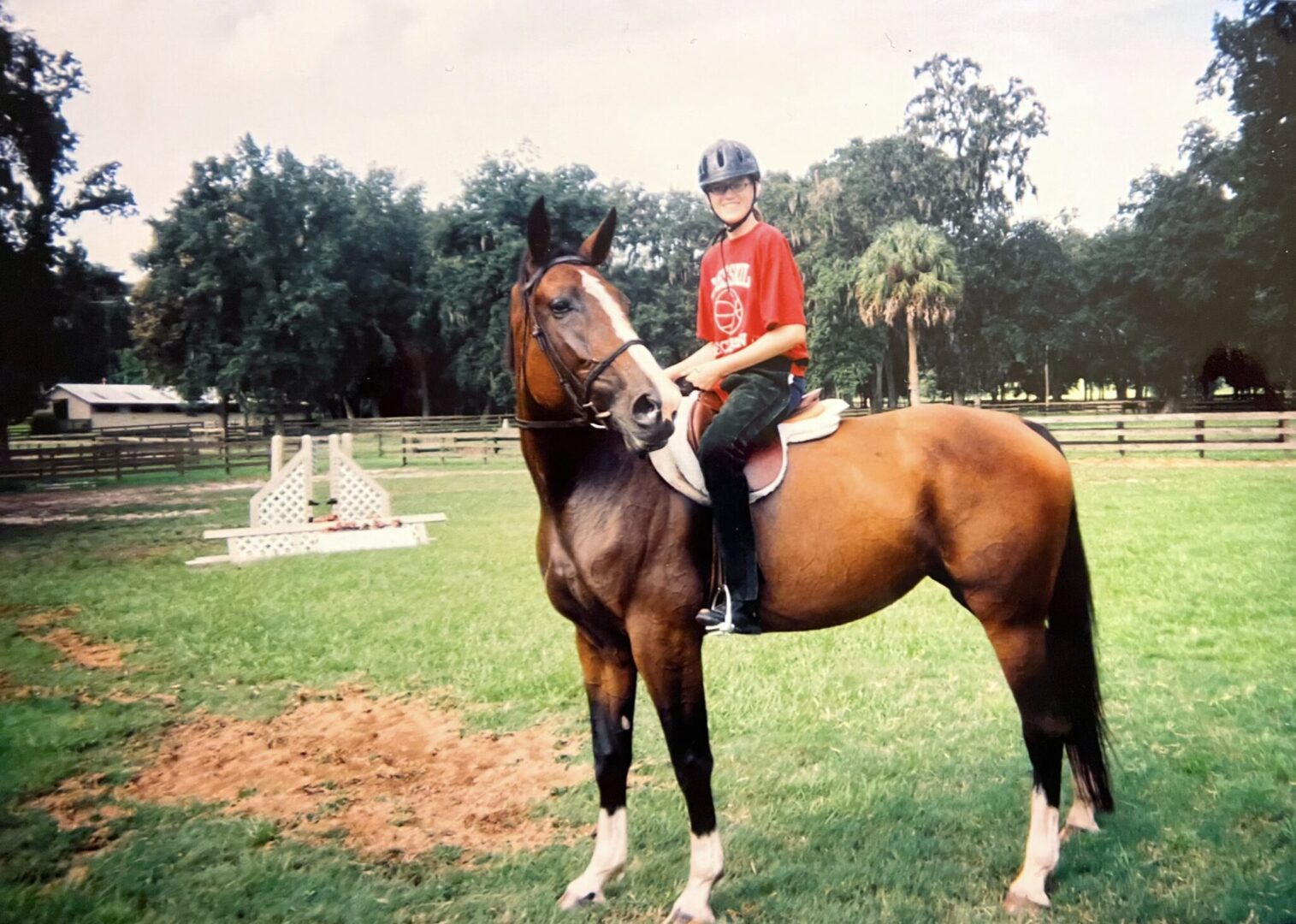Aimee from Maryland


My life before age 8 was like any other "normal" kid, with the exception that my mom took me to a lot of specialists. She instinctively knew that something was not quite right for a few reasons. Firstly, I grew excessively fast, to the point that there was a time I could only walk on tiptoe because my bones grew faster than my muscles. I did not grow hair until I was 4. I was extremely sensitive to light and sound; I still am. My eyeglass prescriptions also kept changing dramatically. I believe before I had my lens replacement surgeries, that my eyeglass lenses were between ¼-½ inch thick. When my optometrist noticed that my original lenses were detached, we had our first clue as to a diagnosis.
After being misdiagnosed with Marfan Syndrome, I was finally diagnosed with HCU. My family owned a restaurant so I grew up eating steak and lots of other delicious meats. Overnight I felt like someone pulled the sheet out from underneath me. I was originally limited to 5 grams of protein a day and struggled to eat the plastic-tasting low protein food at the time. My family was so supportive of helping me through my transition. The old protein shakes were vile. I will never forget my mother and grandmother sitting with me at the kitchen table for 2-3 hours encouraging me to get a shake down. I was mad at the diagnosis. I was mad that my peers were given another reason to view me as “weird”. I was also mad at my doctors for misdiagnosing me, not knowing back in the mid-1990s how to properly test my levels, and (in my mind) for giving me this disorder. My mom and I also found out after my diagnosis, that I was borderline as a baby but they never told her. I could have grown up without the knowledge of what foods that were bad taste like.
I continue to experience a lot of inner turmoil related to diet. I feel conflicted between eating what I want (and feeling guilty) or following my diet (and not feeling guilty), but also not seeing or experiencing any immediate improvements. As those with the diagnosis know, it is hard to push yourself to make the necessary changes toward compliance because there are no visible or immediate negative effects to going off diet, like a person with diabetes may have. That said, I will never forget seeing a girl with her family in the waiting room of my geneticist who was not feeling well. Doctors told her she was going to need to be admitted to the hospital. I knew that I wanted to live, and not get sick, but I also wanted to live happily and my way. Needless to say, this was confusing for young me to process.
As I have gotten older, my concept of what it means to be happy and stay alive has changed. I appreciate how lucky I am to be healthy, despite my diagnosis. I have reached an age where I am comfortable accepting support from loved ones and others with HCU. Being home during this COVID pandemic really helped me evaluate my life and how I want to live it. I got engaged and married last year. My husband and I want to start a family soon. Now it is not me against the world, it s me making the necessary changes to live a long life and achieve my dream of having my own family. I am fortunate that I have had a chance to grow and mature to live for something beyond myself.
I am so grateful to my husband, mother, and the rest of my family for their patience and support throughout this process. I am also grateful for Danae and the HCU foundation, in addition to the scientists working on improved newborn screening, as well as a possible cure.


